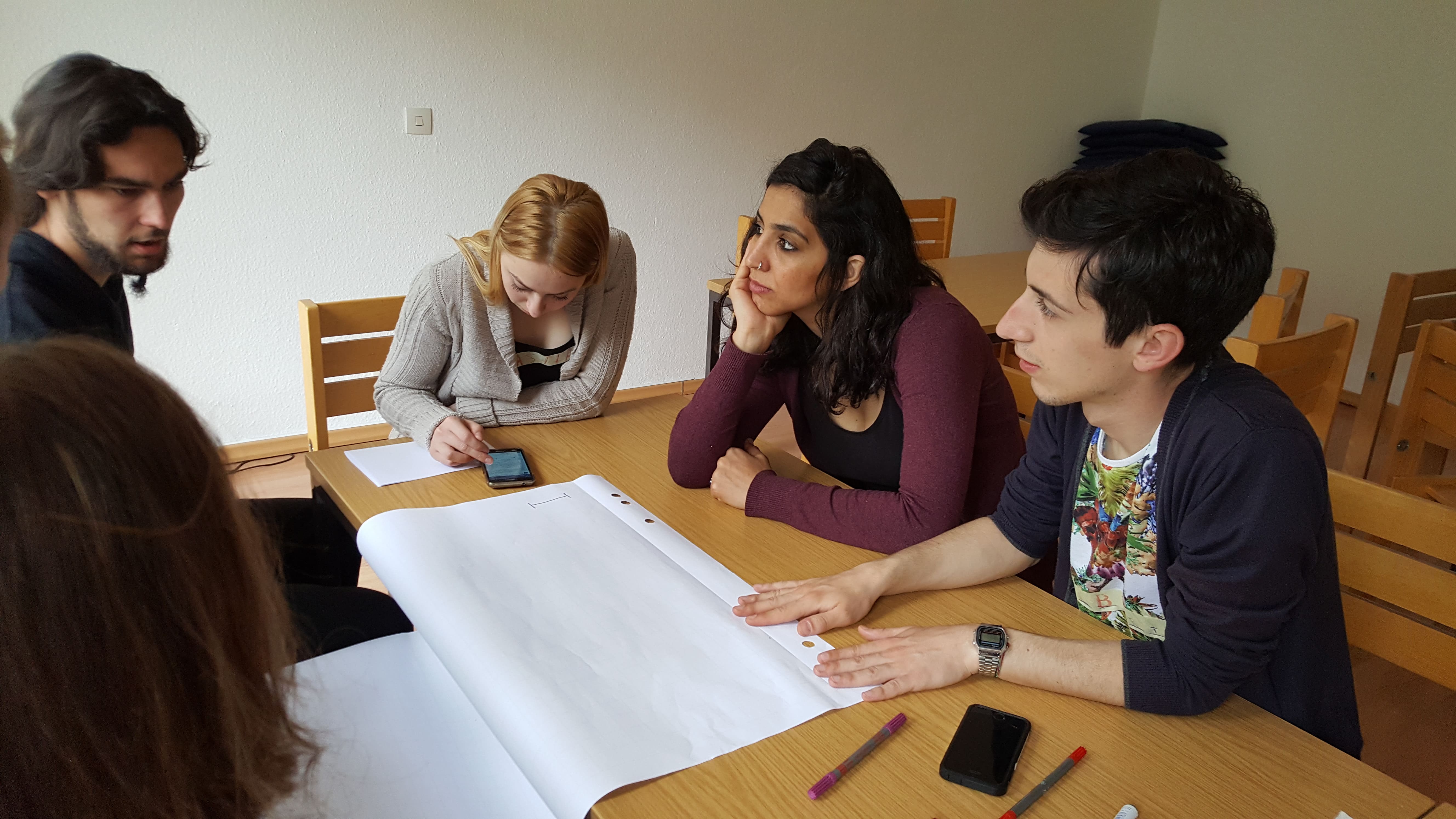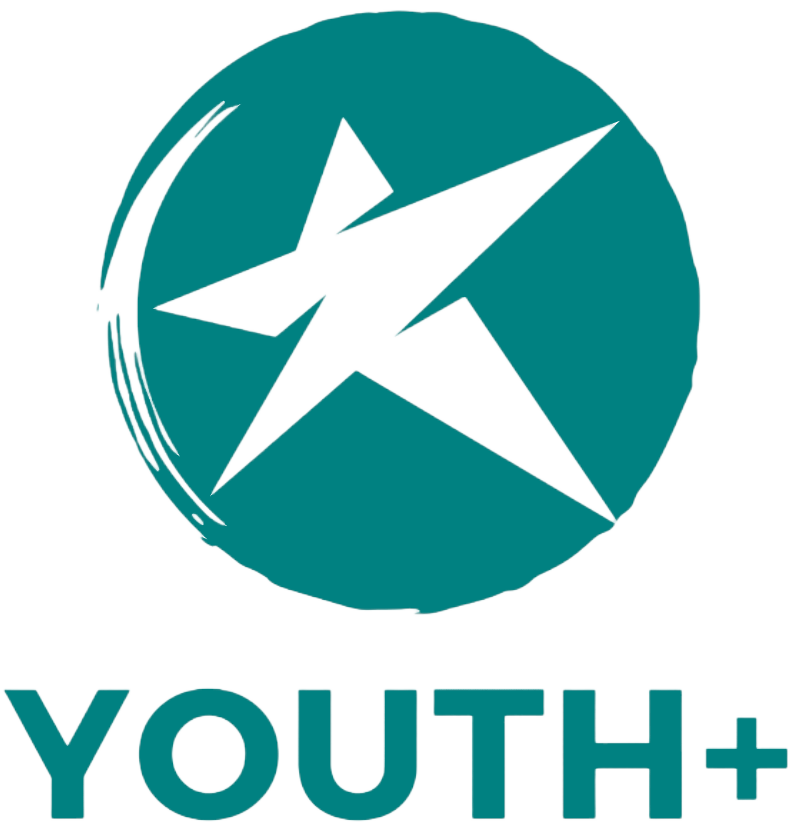Disinformation Awareness and Solidarity

We gathered around ten local organizations and informal groups from Germany for a series of working meetings to discuss the growing issue of disinformation.
Neu-Isenburg Activist Network
During the meeting with several local organizations and informal groups, we came together to focus on disinformation.
We discussed how to identify disinformation, what forms it can take, and how to effectively address it, especially in today’s digital age, where information spreads quickly and the pressure to react immediately is intense. The internet has made it easier than ever for false information to spread, often without time for proper fact-checking or reflection. This has made it even more challenging for activists and organizations to navigate the truth in the midst of a digital storm.
At the meeting, we discussed various aspects of disinformation, including how it can pressure individuals and organizations. We specifically highlighted the experience of activists who are often targeted—those who challenge injustice, defend human rights, and push for positive social change. This group faces not only the challenges of spreading truthful information but also the consequences of standing up for what’s right.
What Happens When an Organization Faces a Media Attack for Defending Human Rights?
We then delved into the deeper question of what happens when an organization faces a media attack simply for defending human rights. How do those involved feel when they are subjected to harsh comments, insults, and verbal attacks, or even physical threats? What about the emotional toll and stress that these situations place on individuals and teams?
The group discussed these very real consequences of activism in today’s media landscape. We also considered how the broader community, including other organizations and individuals, responds to these attacks. Who has the courage to publicly support those under fire, especially in an environment where standing up often comes with personal risk?
The Importance of Prevention and Support
We explored these complex issues from various perspectives, looking at real-world scenarios that have already happened to many of our colleagues across different sectors. Some of the individuals present had firsthand experience with media attacks, public shaming, and even threats. Their stories served as a powerful reminder of the risks involved in standing up for justice and equality in the public sphere.
Through open and honest discussion, we concluded that prevention and support are two of the most crucial strategies to counteract disinformation and protect activists. By providing proactive training, education on identifying fake news, and mental health support, we can help our colleagues face these challenges with more resilience. Most importantly, we agreed that building a strong sense of solidarity is vital—together, we can offer mutual support in times of need.
Moving Forward with Solidarity and Action
We ended the meeting with a commitment to join forces and create ongoing efforts to support those affected by disinformation and media attacks. We will work together on initiatives to increase awareness about disinformation and to strengthen the bonds of solidarity within our community. Our shared responsibility is to create an environment where activists can work with confidence and security, knowing that they are not alone in their fight for justice.
The discussion in Neu-Isenburg was a powerful reminder that addressing disinformation is not just about battling false narratives—it’s about creating a supportive, informed community that works together to protect the truth and those who speak it.

